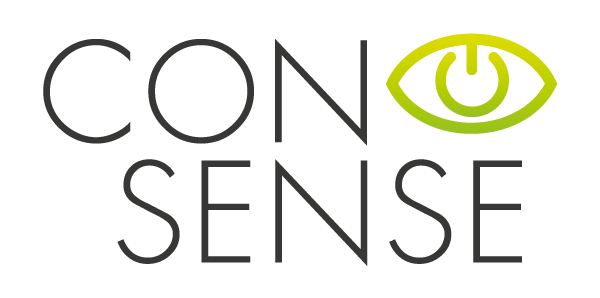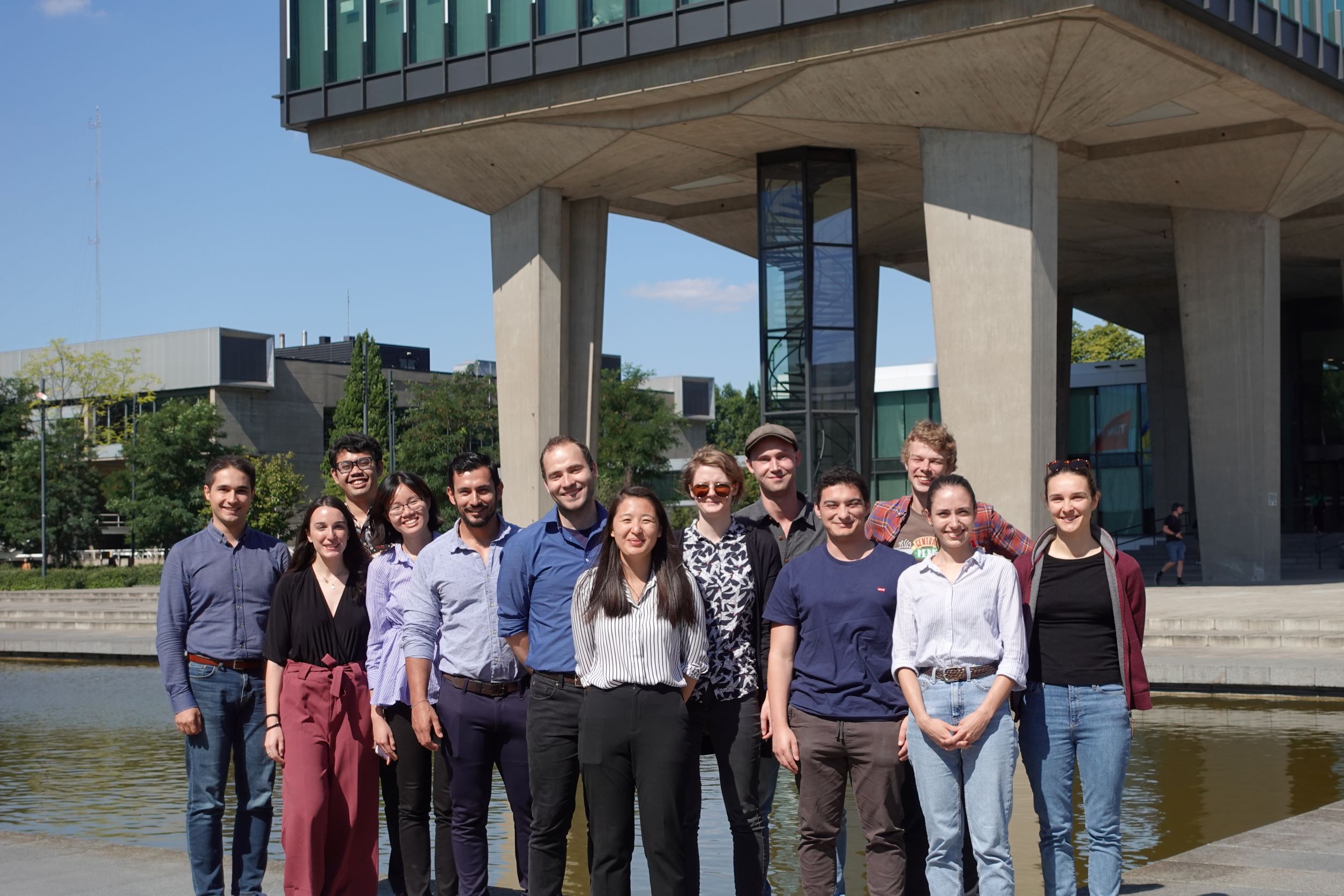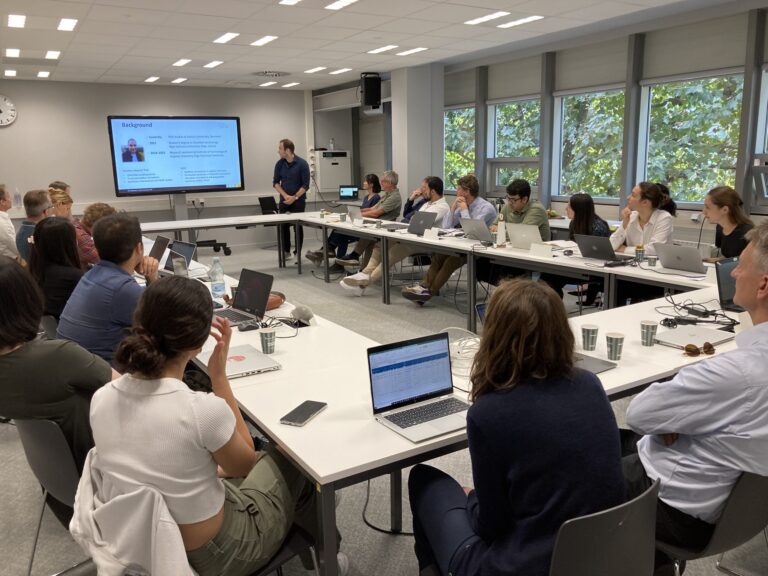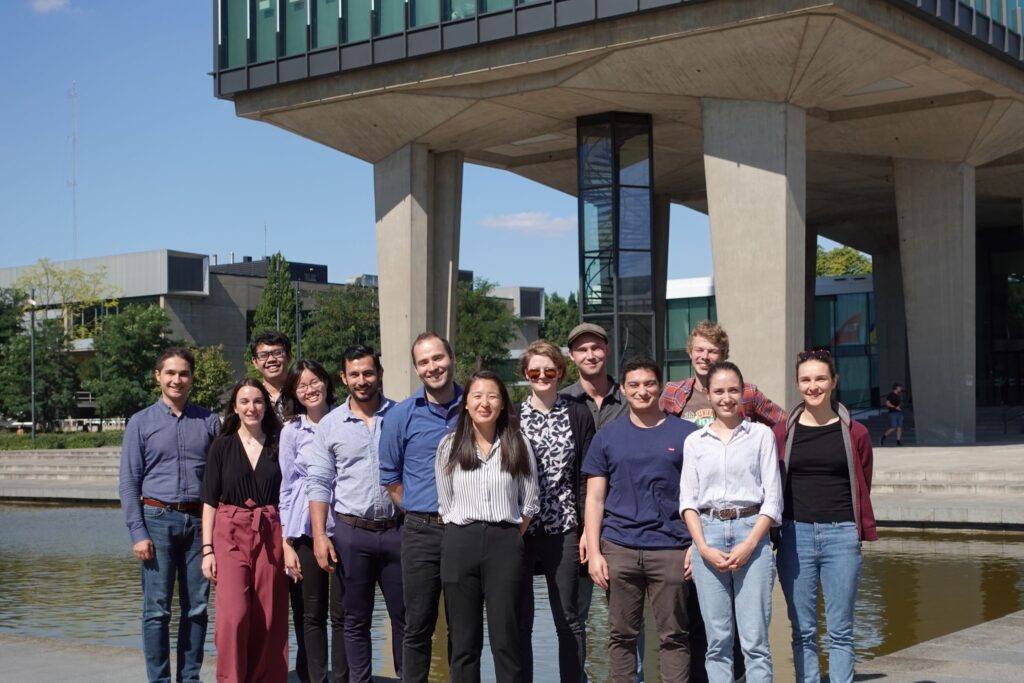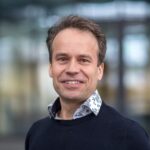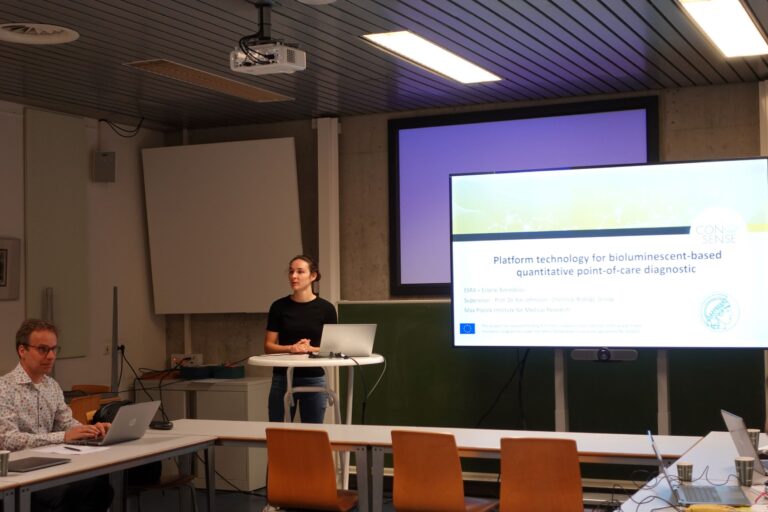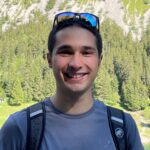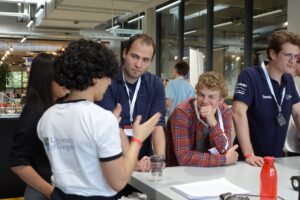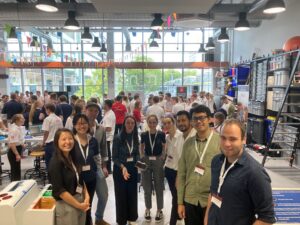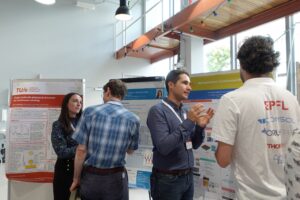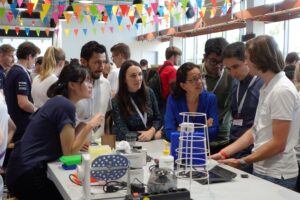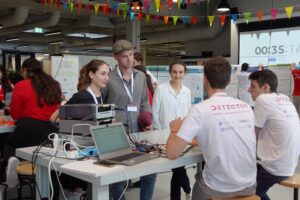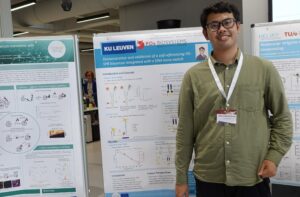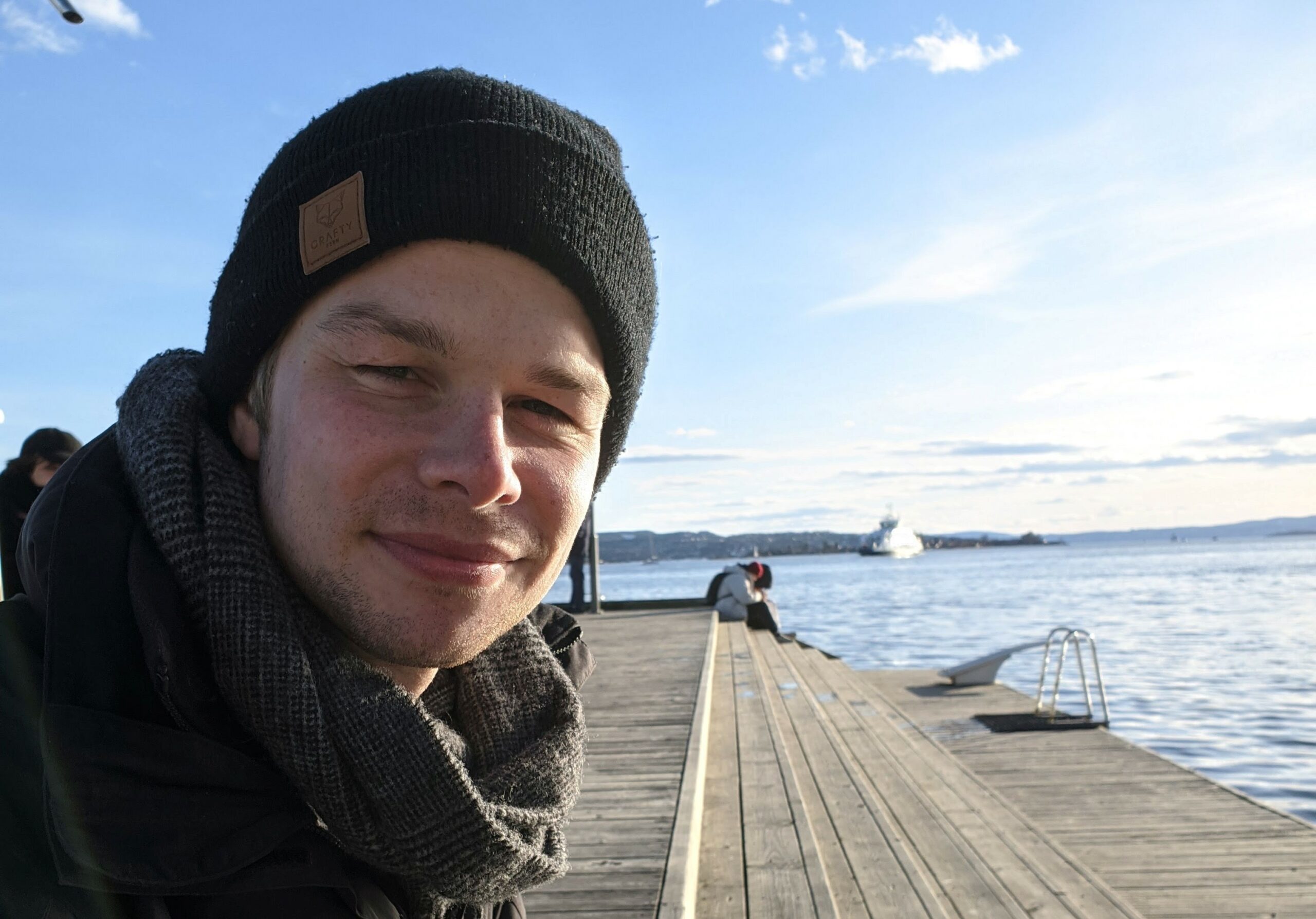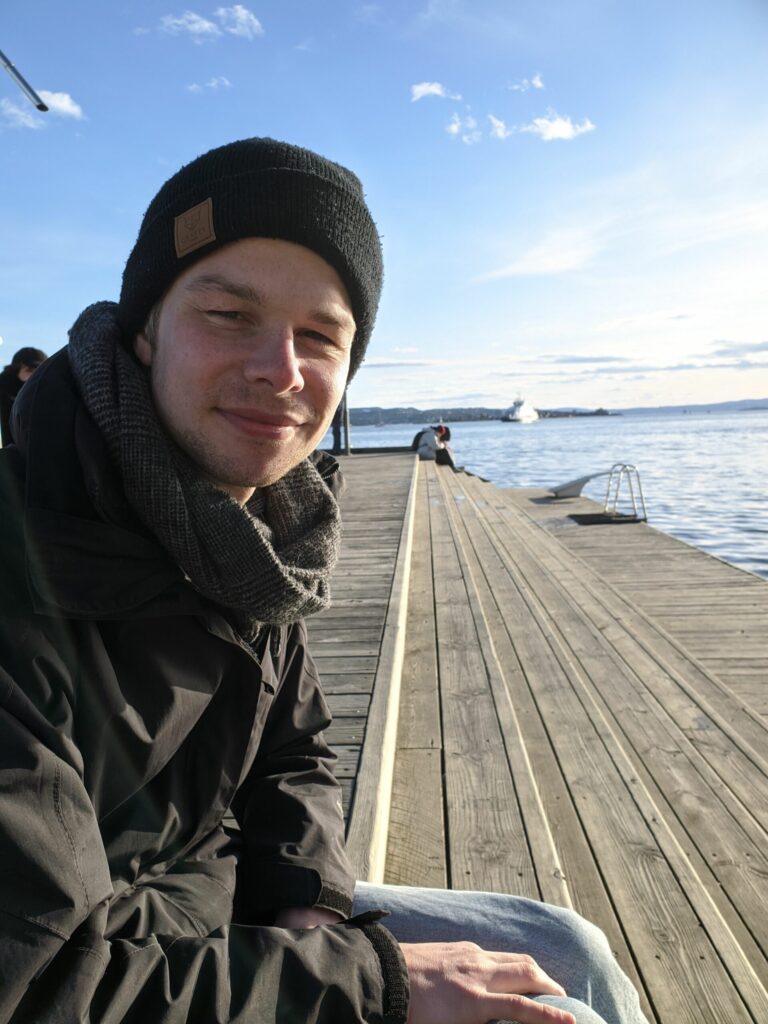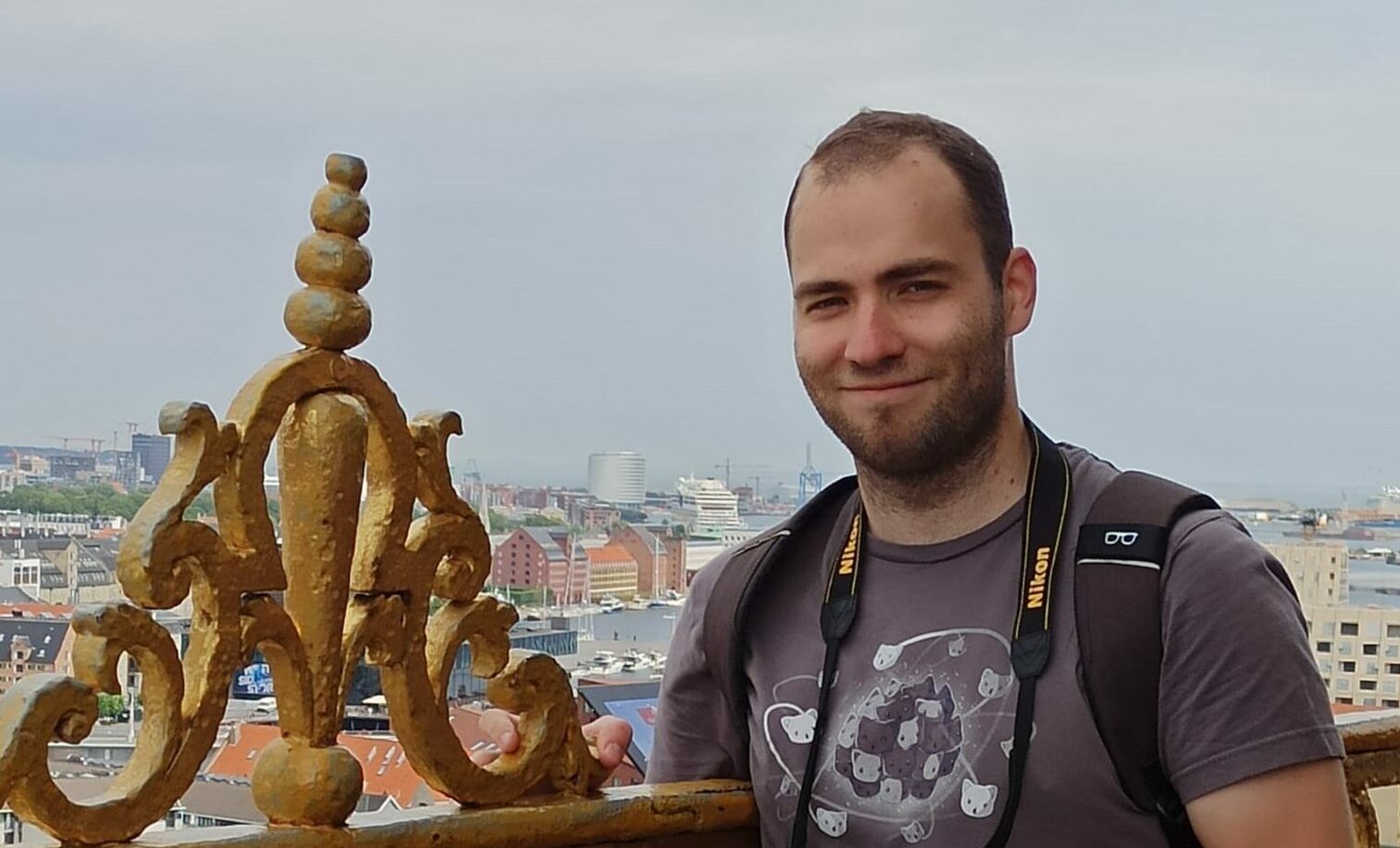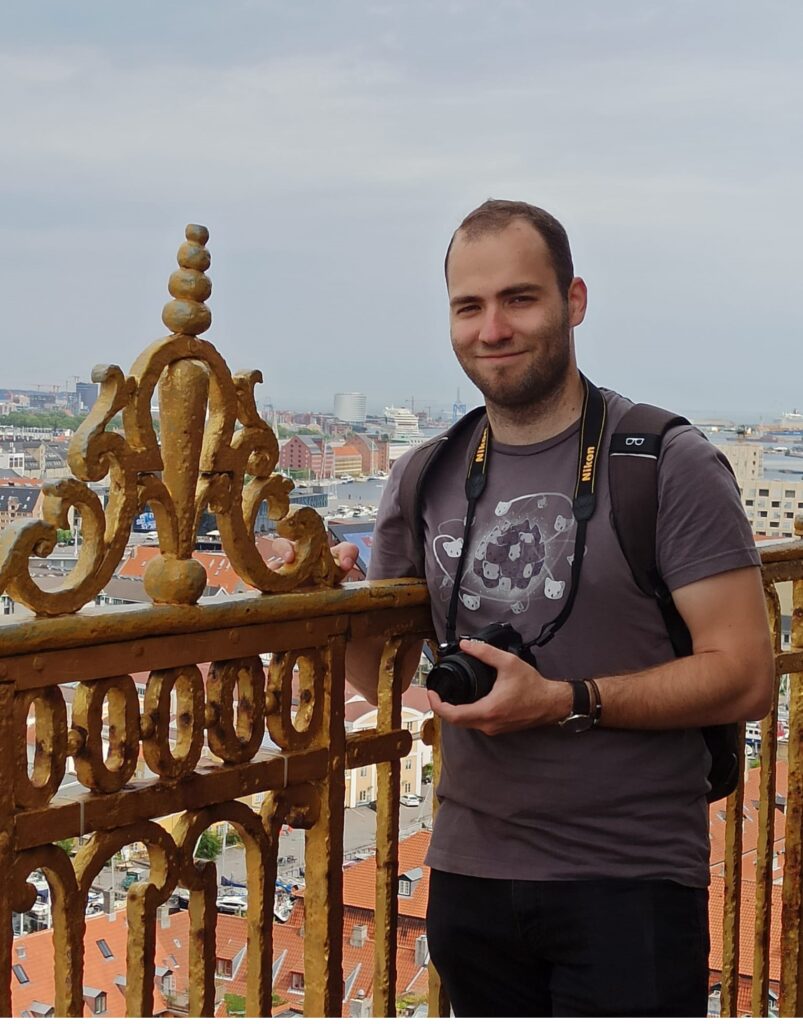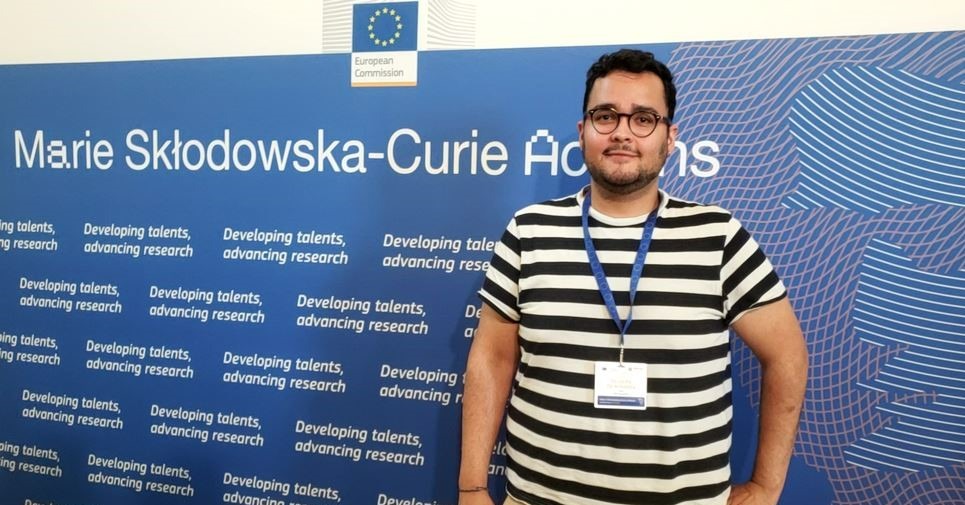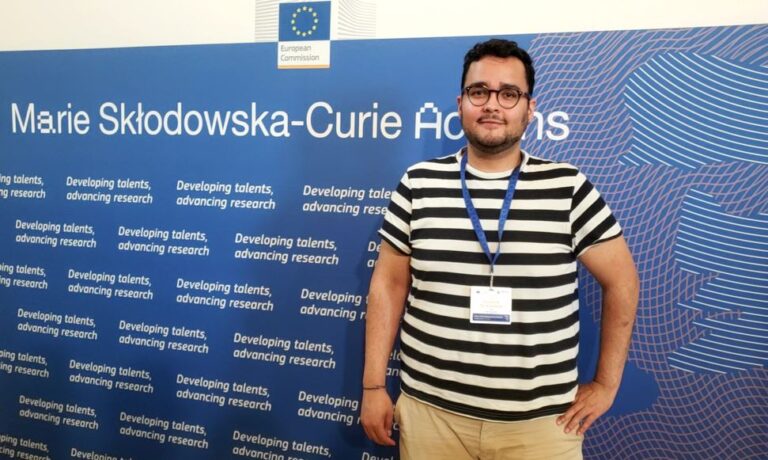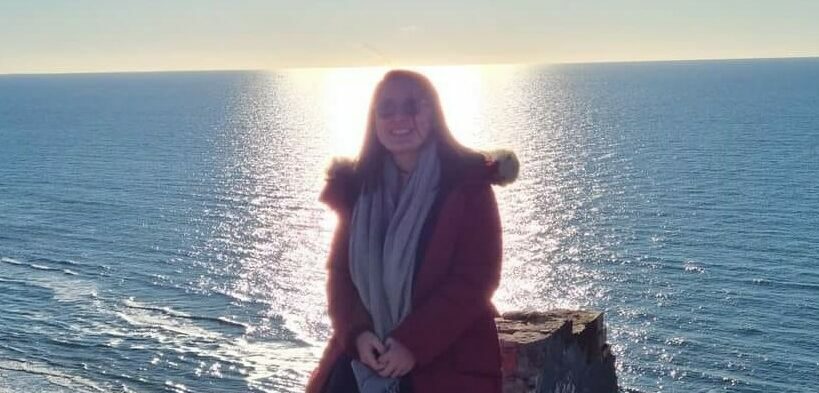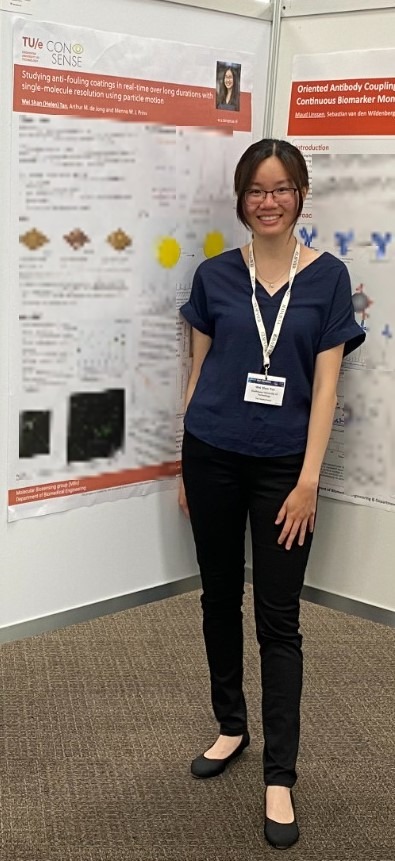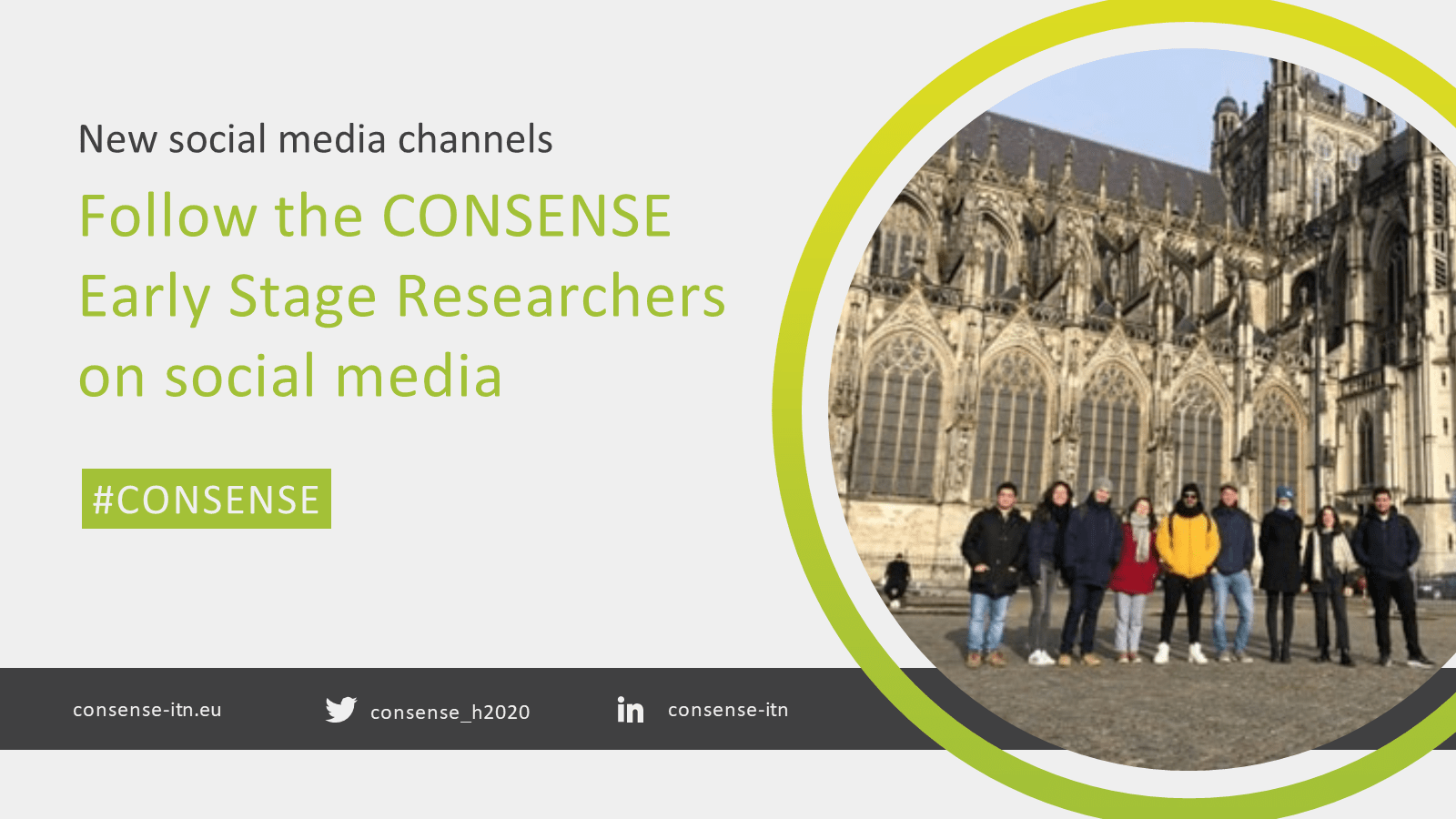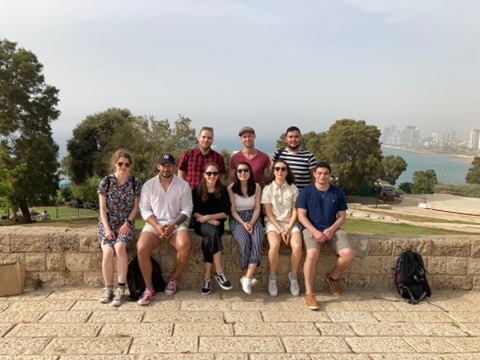Hello, my name is Helen Tan and I am known as ESR8 in the CONSENSE consortium. I am happy to have this opportunity to write a short blog post to introduce myself, so here we go!
I was born and raised in Malaysia, in a middle-class family of four. Since I was young, I have always been curious about the things around me and eager to learn new things. To quench my curiosity, I garnered an interest in reading and watching documentaries; these hobbies have helped me to understand the world better and to develop my own view and perspectives. I believe that these interests have led me to continue on the scientific journey after completing my secondary school education.
I studied Materials Science and Engineering at Imperial College London, UK. During my studies, I have participated in research activities in multiple research groups, both at my home university and also overseas research institute (IST Austria), to gain experience. However, I have to say that the most memorable research that I have done during my university years is my research on fiber-reinforced composite as a potential cartilage mimic. In that project, I developed an in-silico model to establish minimum design requirements for a poroelastic mimic of articular cartilage, and I was very lucky to be able to publish my results in a scientific journal.
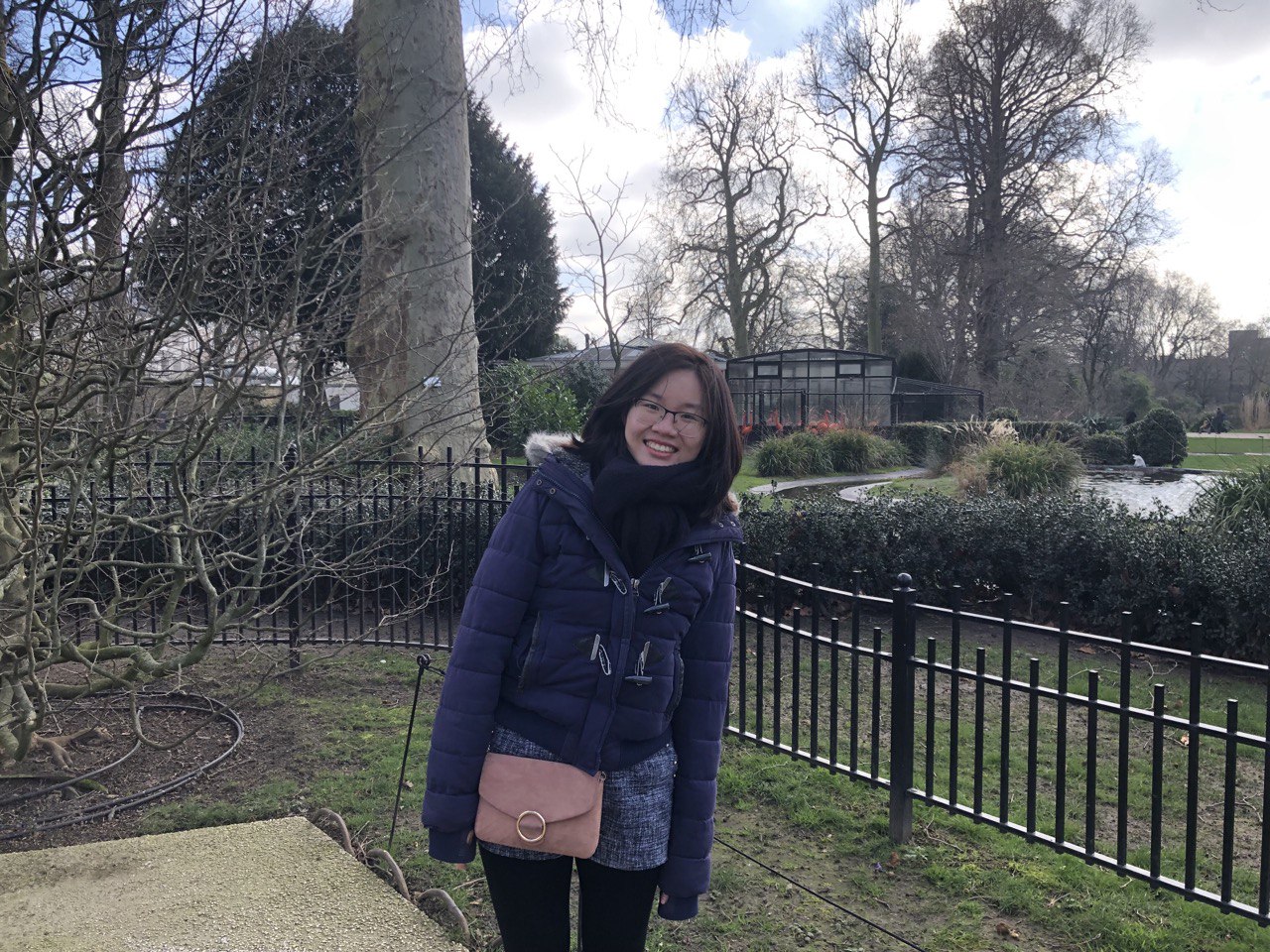
I could not be more happy and fortunate to have chosen materials science as my major. I was – and am still – mesmerized by the interdisciplinary nature of the field, and I developed a passion for biomaterials and nanomaterials thanks to my prior experiences. This has fueled my will to further study as a PhD. candidate in the group of Prof. Menno Prins at the Eindhoven University of Technology to do research on the novel biosensing technology, known as Biosensing by Particle Mobility (BPM), that has been established in the group previously. I cannot wait to see what I can learn and gain from this journey.
Thanks for reading!
